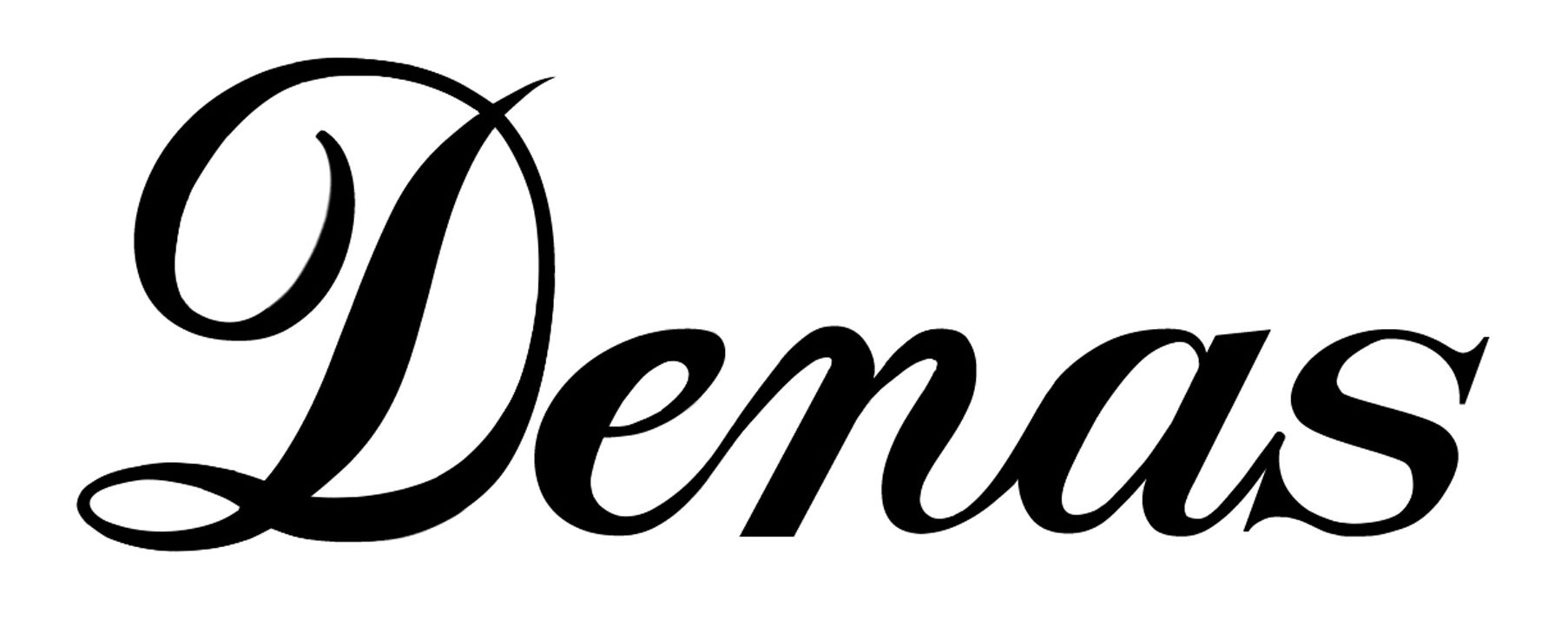What Is an Electric Digital Piano?
An electric digital piano is a modern version of the traditional acoustic piano. Unlike acoustic pianos, which use hammers and strings to produce sound, digital pianos rely on electronic components and digital sound samples. These instruments are designed to mimic the feel, sound, and dynamics of a grand piano while offering added convenience and functionality.
Key Features of Electric Digital Pianos
1. Authentic Piano Sound
High-quality digital pianos use advanced sampling techniques to replicate the rich, resonant sound of a grand piano. Some models even incorporate modeling technology for a more realistic tonal response.
2. Weighted Keys for Realistic Feel
Most electric digital pianos feature weighted or semi-weighted keys to simulate the touch of an acoustic piano. The graded hammer action is particularly favored for providing a true-to-life playing experience.
3. Compact and Portable Design
Unlike bulky acoustic pianos, digital pianos are lightweight and space-efficient. Their portability makes them a great choice for musicians on the go.
4. Built-in Features and Connectivity
Digital pianos often include built-in metronomes, recording capabilities, and multiple instrument sounds. Additionally, USB, MIDI, and Bluetooth connectivity allow seamless integration with other devices.
5. Adjustable Volume and Headphone Output
Volume control and headphone compatibility make electric digital pianos ideal for home use, especially in noise-sensitive environments.
Advantages of Electric Digital Pianos
1. Affordable Alternative
Electric digital pianos are significantly more cost-effective than acoustic pianos, making them accessible to a broader audience.
2. Low Maintenance
With no strings or hammers to tune, digital pianos require minimal upkeep compared to their acoustic counterparts.
3. Versatility
Whether you’re practicing classical compositions, composing music, or exploring modern genres, digital pianos offer a wide array of sound options.
4. Silent Practice
Headphones allow pianists to practice anytime without disturbing others, a feature not available with traditional pianos.
Types of Electric Digital Pianos
1. Portable Digital Pianos
Lightweight and compact, portable digital pianos are perfect for musicians who need a piano they can take anywhere.
2. Console Digital Pianos
Designed to resemble acoustic pianos, console models are aesthetically pleasing and ideal for home use.
3. Stage Pianos
Built for live performances, stage pianos focus on sound quality and connectivity features.
4. Hybrid Digital Pianos
Combining elements of acoustic and digital pianos, hybrid models deliver unparalleled sound and touch.
Choosing the Right Electric Digital Piano
1. Define Your Purpose
Are you a beginner, a performer, or a composer? Understanding your goals will help narrow down your options.
2. Consider Your Budget
Set a realistic budget. There are excellent models available for every price range, from entry-level to professional.
3. Evaluate Key Action
For an authentic playing experience, opt for a model with weighted keys and graded hammer action.
4. Sound Quality Matters
Listen to the piano’s sound samples. High-quality speakers and sound modeling are critical for a lifelike experience.
5. Check Connectivity Options
Ensure the piano has the necessary ports and connectivity features for your setup.
6. Test Before Buying
Whenever possible, play the instrument to assess its touch, tone, and features firsthand.
Tips for Maintaining Your Electric Digital Piano
- Keep It Clean
Regularly dust the keyboard and body with a soft, dry cloth. - Avoid Moisture
Keep the piano away from humid areas to prevent damage to the electronics. - Use a Surge Protector
Protect the piano from electrical surges by using a quality surge protector. - Update Firmware
If your piano has updatable software, check for updates to improve performance. - Handle with Care
Transport your digital piano carefully to avoid physical damage.
FAQs About Electric Digital Pianos
1. Can a Digital Piano Replace an Acoustic Piano?
While digital pianos provide an excellent alternative, professional pianists may still prefer the nuanced response of a grand piano.
2. Do Digital Pianos Last Long?
With proper care, a high-quality digital piano can last for decades.
3. Are Digital Pianos Suitable for Beginners?
Yes, their affordability, adjustable volume, and learning tools make them ideal for beginners.

